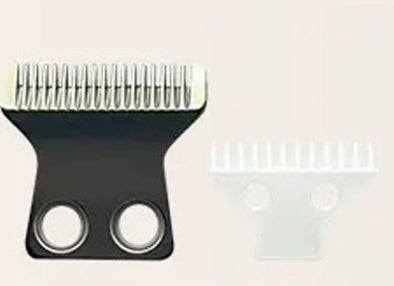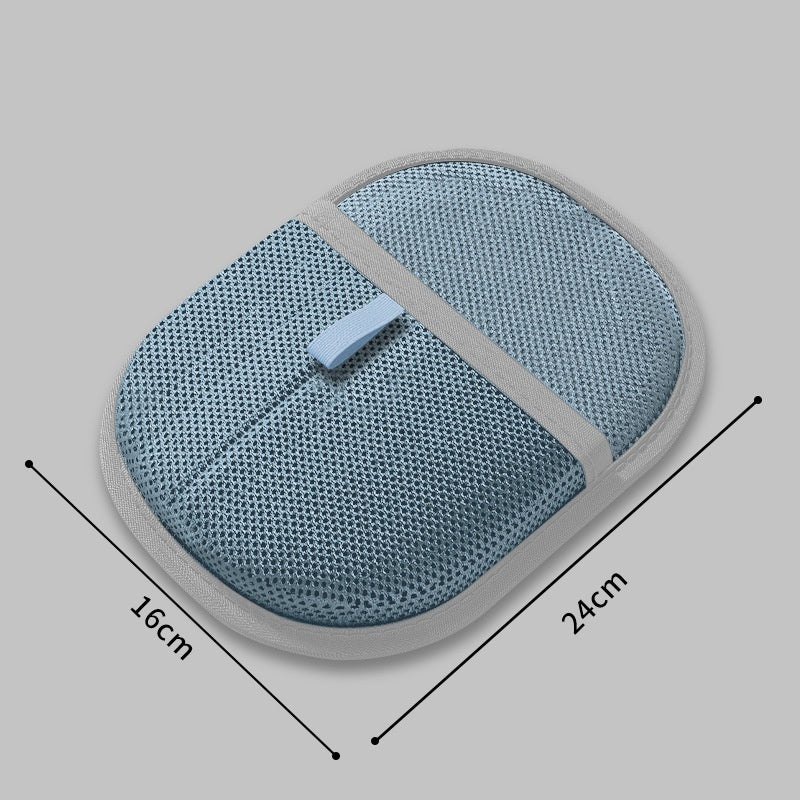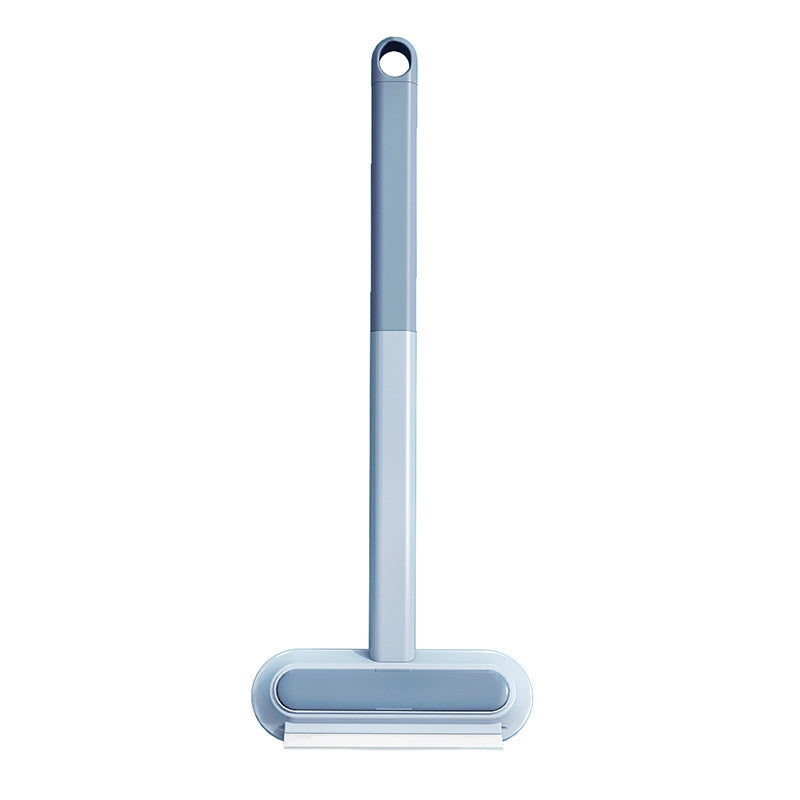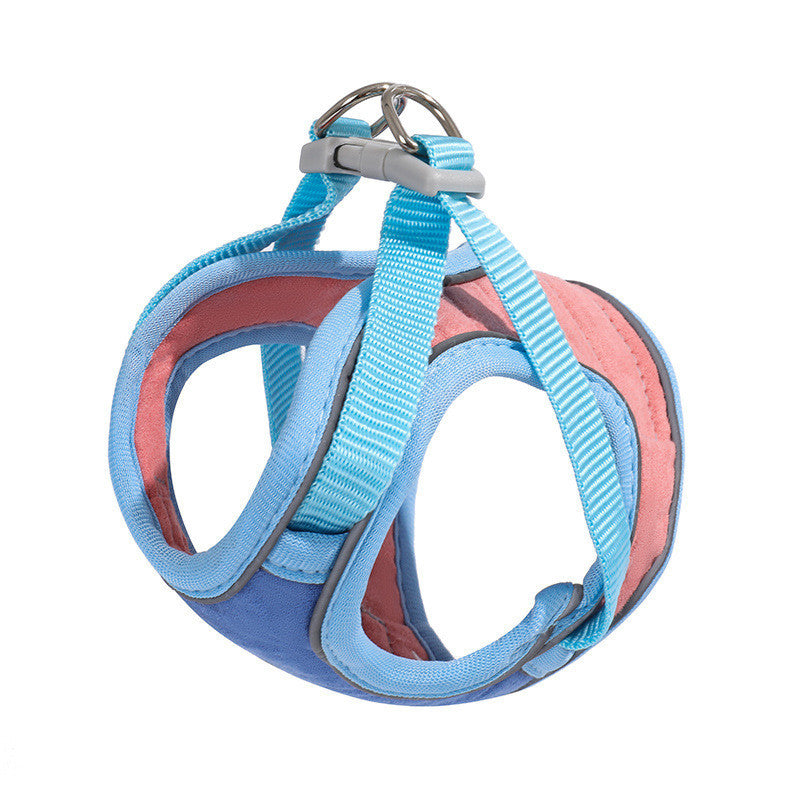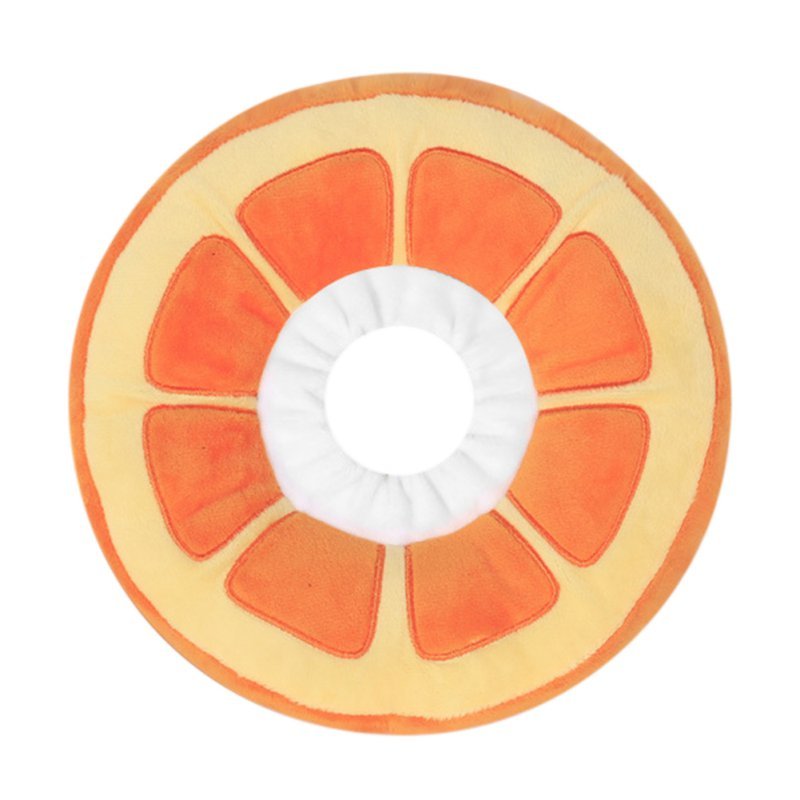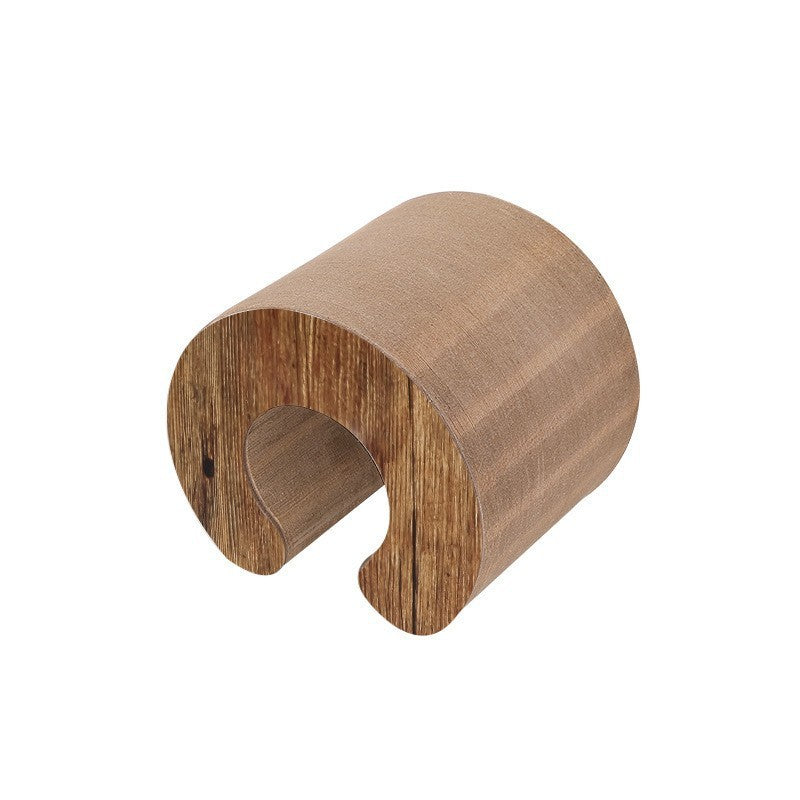As veterinary care improves and more cats live as indoor pets, the feline lifespan continues to extend, with many cats living well into their late teens or even early twenties. This golden period of life brings unique challenges and considerations.
In this blog, we'll explore how to support your senior cat's changing needs to ensure their later years remain comfortable and dignified.
Recognizing age-related changes: Senior cats typically show subtle changes in activity level, sleep patterns, and social interaction. They may sleep more deeply, play less vigorously, or become more vocal. Physical changes might include reduced grooming, weight fluctuations, or altered litter box habits. Regular veterinary check-ups become increasingly important, as many age-related conditions respond best to early intervention.
Mobility support: Arthritis affects up to 90% of senior cats, though many owners miss the signs. Look for hesitation before jumping, difficulty with stairs, or reduced grooming of hard-to-reach areas. Provide ramps or steps to favorite perches, ensure litter boxes have low entries, and consider orthopedic bedding in preferred sleeping areas. Joint supplements containing glucosamine and chondroitin may help maintain mobility.
Australian vets and animal physiotherapists, such as those at Vetwest Animal Hospitals, recommend providing ramps, steps, and low-entry litter boxes for senior cats with arthritis. Orthopedic bedding and joint supplements are widely available in Australian pet stores and can significantly improve comfort for aging cats.
Nutritional adjustments: Senior cats often benefit from formula adjustments as their metabolism and activity levels change. Some need higher calorie density to maintain weight, while others require fewer calories to prevent obesity. Increased protein levels support muscle maintenance, and supplements like omega-3 fatty acids can reduce inflammation and support cognitive function.
Pet food companies in Australia, such as Hill’s and Royal Canin, offer senior-specific formulas tailored to the changing needs of older cats. These often include higher protein, omega-3 fatty acids, and adjusted calorie content. Australian vets also recommend regular weight monitoring to ensure optimal nutrition.
Cognitive health: Many older cats experience cognitive changes similar to dementia in humans. Signs include disorientation, altered sleep-wake cycles, inappropriate elimination, or changes in social interaction. Environmental consistency becomes increasingly important. Maintain regular routines and avoid unnecessary changes to furniture arrangements or litter box locations.
Comfort considerations: Senior cats may need extra attention to comfort. Provide multiple water sources to encourage hydration, ensure food and litter boxes are easily accessible, and create warm, draft-free resting areas. Gentle grooming assistance helps compensate for reduced self-grooming capability, while maintaining trimmed nails prevents painful overgrowth.
| Care Area | Key Strategies | Why It Helps |
|---|---|---|
| Health Monitoring | Regular vet check-ups, watch for changes | Early detection of common age-related issues |
| Mobility Support | Ramps, steps, low-entry litter boxes, bedding | Eases arthritis, maintains independence |
| Nutritional Adjustments | Senior-specific food, omega-3 supplements | Supports muscle, brain, and joint health |
| Cognitive Health | Consistent routines, familiar environment | Reduces confusion and stress |
| Comfort Considerations | Multiple water sources, grooming, warm spots | Prevents dehydration, discomfort, and pain |
The senior years can be a special time in your relationship with your cat. With thoughtful accommodation of their changing needs, regular veterinary care, and attentive monitoring, you can help ensure your aging companion maintains quality of life throughout their golden years.
Step-by-Step Guide: Supporting Your Senior Cat
-
Monitor for Age-Related Changes:
Watch for changes in activity, sleep, grooming, and litter box habits. Schedule regular vet check-ups. -
Support Mobility:
Provide ramps, steps, and low-entry litter boxes. Offer orthopedic bedding and consider joint supplements. -
Adjust Nutrition:
Switch to senior-specific cat food with appropriate protein and calorie levels. Add omega-3 supplements if recommended by your vet. -
Maintain Cognitive Health:
Keep routines and environment consistent. Avoid unnecessary changes to furniture or litter box locations. -
Enhance Comfort:
Offer multiple water sources, accessible food and litter boxes, and warm resting areas. Assist with grooming and nail trimming. -
Communicate with Your Vet:
Report any changes in behaviour or routine to your Australian veterinarian promptly.
Remember that changes in behavior or routine often signal health issues in senior cats, so maintain open communication with your veterinarian about any concerns that arise.
FAQs: Senior Cat Care
Q: How often should my senior cat see the vet?
A: Australian vets recommend check-ups at least twice a year for senior cats to monitor for age-related health issues.
Q: What are signs of arthritis in older cats?
A: Look for hesitation before jumping, difficulty with stairs, or reduced grooming. Ramps, steps, and orthopedic bedding can help.
Q: Should I change my cat’s diet as they age?
A: Yes, switch to senior-specific cat food with higher protein and adjusted calories. Omega-3 supplements may also be beneficial.
Q: How can I help my senior cat with cognitive changes?
A: Maintain a consistent routine and environment to reduce confusion and stress, as recommended by Australian animal behaviourists.
Q: What comfort measures should I provide for my senior cat?
A: Offer multiple water sources, accessible food and litter boxes, warm resting areas, and assist with grooming and nail trimming.









